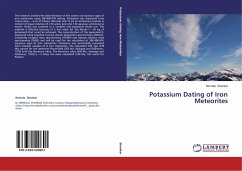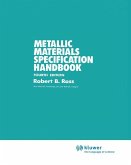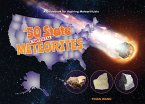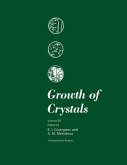This research involves the determination of the cosmic ray exposure ages of iron meteorites using 39K-40K-41K dating. Potassium was separated from nickel using ~ 4 mL of Chelex-100 resin and 15 mL of ammonium acetate (a mixture of equal volumes of 2 M acetic acid and 3 M aqueous ammonia) as eluent. Nickel was retained as a complex and potassium elutes out. The method is effective because of a low value for the blanks (~ 50 ng of potassium) that could be achieved. The concentration of the separated K, measured using Graphite furnace atomic absorption spectrometry (GFAAS), inductively coupled mass spectrometry (ICPMS) and isotope dilution mass spectrometry (IDMS) and will be used for the calculation of 39K-40K-41K exposure ages of iron meteorites. Potassium was successfully separated from multiple samples of 8 iron meteorites. The calculated CRE age (378 Ma) agrees for the meteorite Brownfield (355 Ma, Voshage and Feldmann, 1979) with the literature value. The literature value (645Ma, Voshage and Feldmann, 1979) is ~3 times the value calculated (190 Ma, this work) for Picacho.
Bitte wählen Sie Ihr Anliegen aus.
Rechnungen
Retourenschein anfordern
Bestellstatus
Storno








